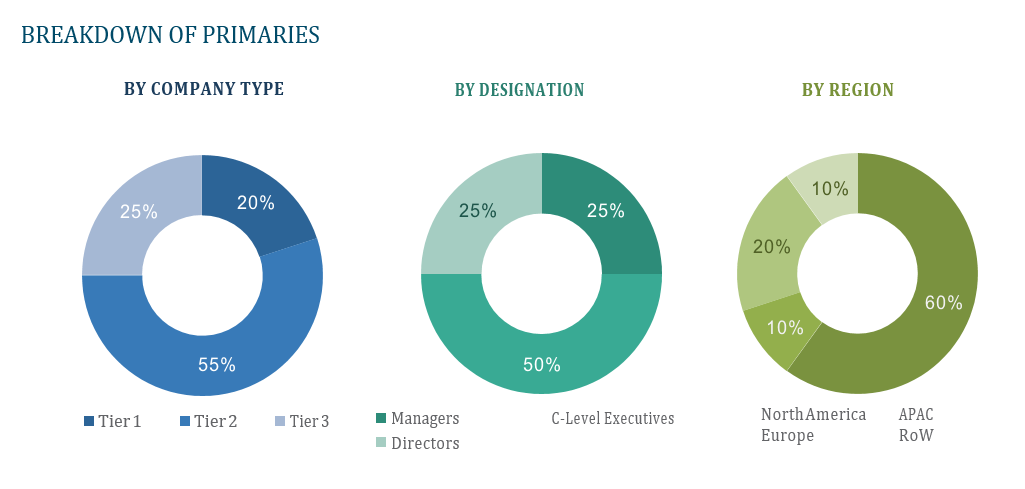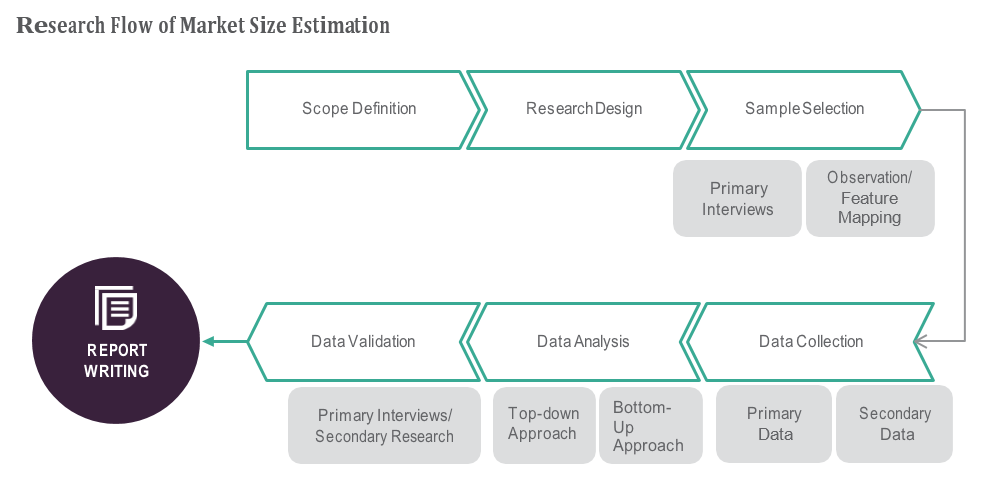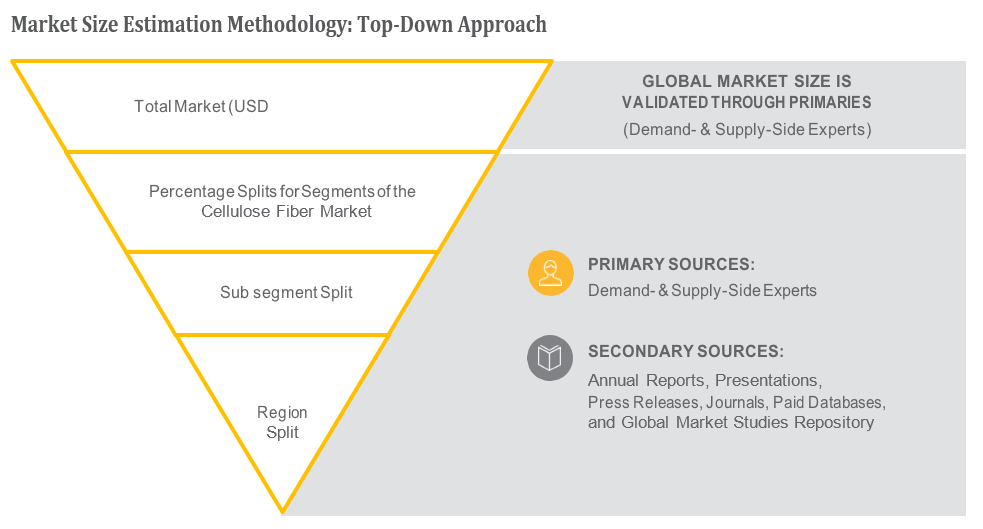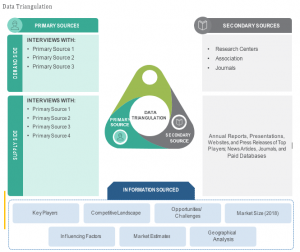OVERVIEW
A recent report by Global Market Studies has revealed that the Factory Automation and Industrial Controls Market size is expected to grow from USD 185 billion in 2023 to USD 285 billion by 2028, at a CAGR of 9% during the forecast period (2023-2028).
The Industrial Control and Factory Automation Market refers to a dynamic sector within the broader industrial and manufacturing landscape. It encompasses a wide range of technologies, systems, and solutions designed to automate and optimize various processes and operations in industrial settings. This market revolves around the deployment of control systems, sensors, machinery, and software to enhance the efficiency, safety, and productivity of factories and manufacturing facilities. Key components include programmable logic controllers (PLCs), human-machine interfaces (HMIs), robotics, and various sensors that enable real-time data collection and control. It plays a pivotal role in modernizing traditional manufacturing practices, streamlining production, and adhering to industry regulations and standards. The market is marked by its focus on achieving cost savings, reducing manual labor, improving product quality, and meeting the growing demands of an increasingly competitive and technologically driven industrial landscape. As a result, it stands as an indispensable force in the evolution of industrial processes and the advancement of smart, connected, and automated factories.
The Industrial Control and Factory Automation market is being propelled by rapid technological advancements, increasing demand for operational efficiency, and the need for seamless integration of smart manufacturing processes. With the growing adoption of Industrial Internet of Things (IIoT) and Industry 4.0 principles, businesses are investing in automation solutions to enhance productivity, reduce downtime, and improve quality control. Additionally, the ongoing emphasis on sustainability and green manufacturing practices is further fueling the market’s growth, as companies seek to optimize resource utilization and minimize environmental impact. This convergence of factors continues to drive the expansion of the Industrial Control and Factory Automation market.
Table of Content
Market Dynamics
Drivers:
The Industrial Control and Factory Automation Market is driven by a confluence of factors that are reshaping the landscape of modern manufacturing and industrial operations. Firstly, there is an incessant quest for enhanced process efficiency as businesses strive to optimize their operations and bolster productivity. Escalating labor costs, particularly in developed nations, are compelling industries to automate repetitive and labor-intensive tasks. Technological advancements are a driving force, with the rapid evolution of automation technologies such as IoT, AI, and machine learning, empowering industries to make more informed decisions, predict maintenance needs, and monitor real-time performance. Stringent safety regulations and compliance standards necessitate the use of automation systems to ensure worker safety and adherence to environmental regulations. The adoption of Industry 4.0 principles, emphasizing digital transformation and automation, is ushering in a new era of smart factories and data-driven manufacturing. Quality and consistency in product output are paramount, prompting industries to rely on automation to reduce errors and variability. Additionally, the imperative for energy efficiency and sustainability drives the integration of automation systems to minimize environmental impact. In the face of fierce global competition, automation becomes a key strategy to produce high-quality products at lower costs, sustaining competitiveness. The customization trend is met by flexible manufacturing processes enabled by automation, and supply chain optimization, energy savings, and cost reduction further bolster the automation market. The expansion of industries in emerging markets, especially in Asia, fuels the adoption of automation to meet surging production demands efficiently. Collectively, these drivers underscore the pivotal role of the Industrial Control and Factory Automation Market in reshaping the future of industrial operations and manufacturing.
Opportunities:
The Industrial Control and Factory Automation Market offers a wide array of solutions and technologies that are pivotal in modernizing and optimizing industrial processes. These key offerings encompass programmable logic controllers (PLCs), which serve as the brain of automated systems, enabling precise control of machinery and processes. Human-machine interfaces (HMIs) provide intuitive and interactive platforms for monitoring and controlling industrial equipment. Robotics, including industrial robots and collaborative robots (cobots), play a crucial role in automating repetitive tasks, assembly, and material handling. Sensing and measurement devices, such as sensors, encoders, and vision systems, facilitate real-time data collection and process control. Supervisory control and data acquisition (SCADA) systems enable centralized monitoring and control of distributed industrial processes. Distributed control systems (DCS) are essential for managing complex industrial operations. Additionally, the market offers advanced technologies such as the Industrial Internet of Things (IIoT) for connectivity and data exchange, as well as machine learning and artificial intelligence (AI) for predictive maintenance, process optimization, and quality control. These offerings collectively empower industries to enhance efficiency, reduce costs, improve product quality, and navigate the ever-evolving landscape of industrial automation and control.
Restraints & Challenges:
The Industrial Control and Factory Automation Market, while brimming with potential, faces certain restraints and challenges that need to be navigated. Firstly, the initial investment required for implementing automation systems can be substantial, which may deter some smaller businesses from adoption. Legacy systems and machinery in many factories may not easily integrate with modern automation solutions, posing a significant challenge for retrofitting and transitioning to more advanced processes. Additionally, concerns about cybersecurity are ever-present, as interconnected automation systems become more vulnerable to cyber threats. Complex regulations and compliance standards in different industries can complicate the deployment of automation systems, requiring careful adherence and monitoring. There is also the challenge of finding and retaining skilled workers who can operate and maintain these advanced systems effectively. Furthermore, the risk of technical glitches or system failures can disrupt production, underscoring the importance of robust backup systems and contingency plans. Lastly, as industries strive to balance automation with environmental sustainability, minimizing the ecological footprint of automation systems and ensuring responsible e-waste management are growing challenges. Despite these constraints, the market’s trajectory continues to be positive as technological advancements and innovative solutions strive to address these challenges, making automation more accessible and secure for a wider range of industries.
Regional Information:
The Industrial Control and Factory Automation Market exhibits significant regional
developments. In North America, there’s a growing adoption of Industry 4.0 concepts, fostering smart manufacturing and automation. Asia-Pacific, led by China, is witnessing robust growth due to its expanding manufacturing sector. Europe is emphasizing energy-efficient automation, while Latin America is gradually embracing industrial automation to enhance competitiveness. The Middle East and Africa are also experiencing growth in automation technologies, driven by various industries seeking operational efficiency and cost reduction. These regional dynamics reflect the global push towards industrial automation.
Recent Developments:
• In June 2022, Mitsubishi Electric Corporation unveiled plans for a significant investment of approximately INR 2.2 billion in its subsidiary, Mitsubishi Electric India Pvt. Ltd. This strategic move aims to establish a new manufacturing facility in India, with operations slated to commence in December 2023. The factory’s primary focus will be the production of inverters and various factory automation (FA) control system products, thus bolstering the company’s capacity to cater to the surging demand in the Indian market.
• In May 2022, DENSO Corporation and Honeywell have revealed their collaboration on the development of an electric motor designed for the Lilium Jet. This milestone project represents the inaugural joint effort between the two companies following the formalization of their alliance. Furthermore, it signifies DENSO’s foray into the aerospace sector. The cooperative venture will see both corporations partnering with Lilium, the pioneering developer of the world’s first all-electric vertical take-off and landing (“eVTOL”) jet, to seamlessly incorporate the electric motor into Lilium’s aircraft propulsion systems.
• In May 2022, Emerson unveiled the PACSystems RSTi-EP CPE 200 programmable automation controllers (PAC), offering a solution to OEMs seeking to fulfill customer demands while reducing their reliance on specialized software engineering expertise.
Key Players:
Schneider Electric SE, Rockwell Automation Inc., Honeywell International Inc., Emerson Electric Company, ABB Limited, Mitsubishi Electric Corporation, Siemens AG, Omron Corporation, Yokogawa Electric Corporation, General Electric Co., Texas Instruments Inc., Robert Bosch GmbH
Frequently Asked Questions
1) What is the projected market value of the Industrial Control and Factory Automation Market?
– The Industrial Control and Factory Automation Market is expected to reach a value of approximately USD 285 billion by 2028
2) What is the estimated CAGR of the Industrial Control and Factory Automation Market over the 2023 to 2028 forecast period?
– The Industrial Control and Factory Automation Market is expected to grow at a CAGR of 9% from 2023 to 2028.
3) Who are the key players in the Industrial Control and Factory Automation Market?
– Schneider Electric SE, Rockwell Automation Inc., Honeywell International Inc., Emerson Electric Company, ABB Limited, Mitsubishi Electric Corporation, Siemens AG, Omron Corporation, Yokogawa Electric Corporation, General Electric Co., Texas Instruments Inc., Robert Bosch GmbH
Why Choose Us?
Insights into Market Trends: Global Market Studies reports provide valuable insights into market trends, including market size, segmentation, growth drivers, and market dynamics. This information helps clients make strategic decisions, such as product development, market positioning, and marketing strategies.
Competitor Analysis: Our reports provide detailed information about competitors, including their market share, product offerings, pricing, and competitive strategies. This data can be used to inform competitive strategies and to identify opportunities for growth and expansion.
Industry Forecasts: Our reports provide industry forecasts, which will inform your business strategies, such as investment decisions, production planning, and workforce planning. These forecasts can help you to prepare for future trends and to take advantage of growth opportunities.
Access to Industry Experts: Our solutions include contributions from industry experts, including analysts, consultants, and subject matter experts. This access to expert insights can be valuable for you to understand the market.
Time and Cost Savings: Our team at Global Market Studies can save you time and reduce the cost of conducting market research by providing comprehensive and up-to-date information in a single report, avoiding the need for additional market research efforts.









